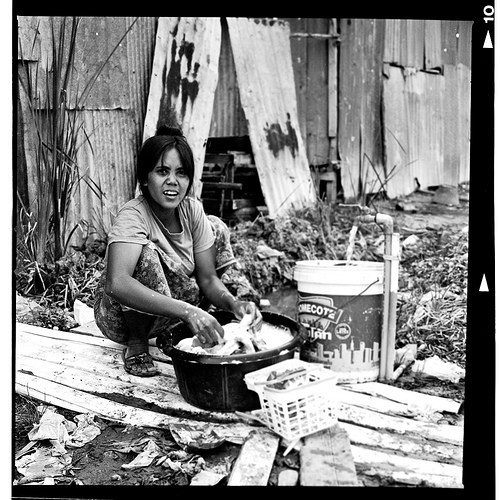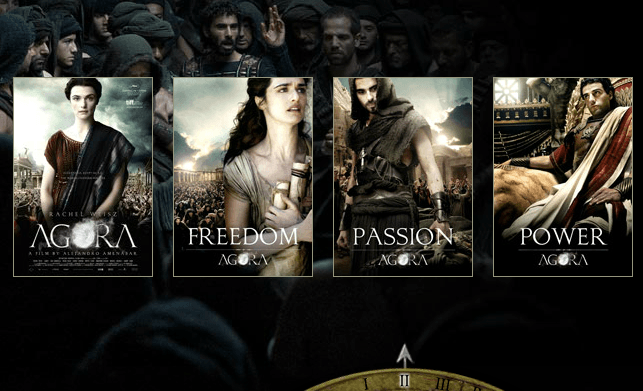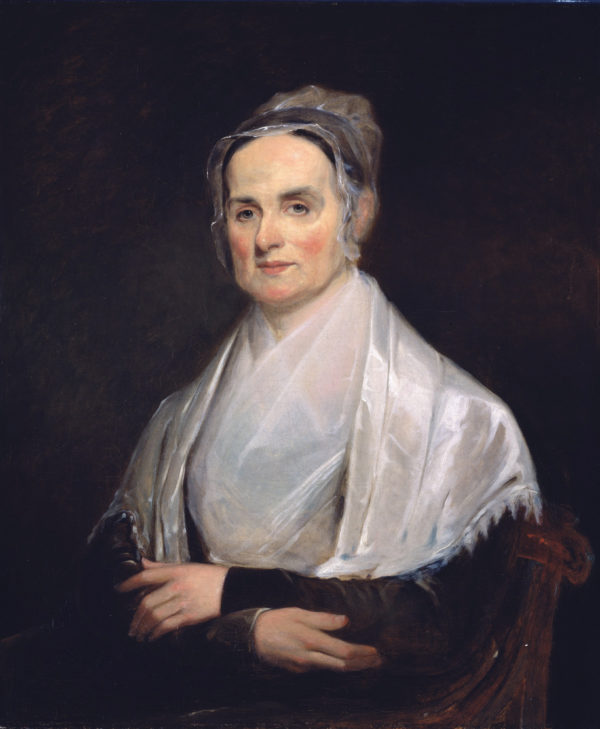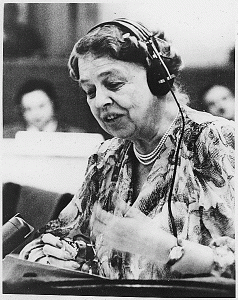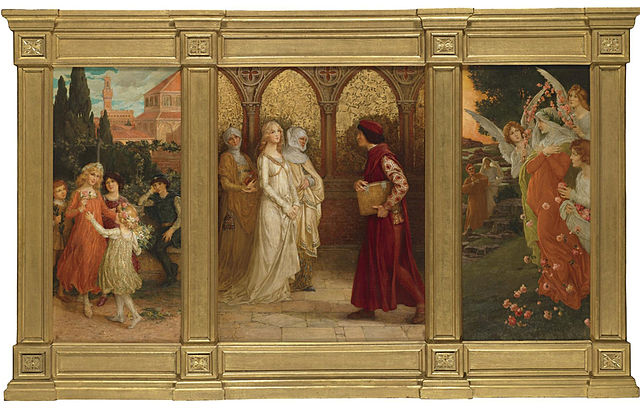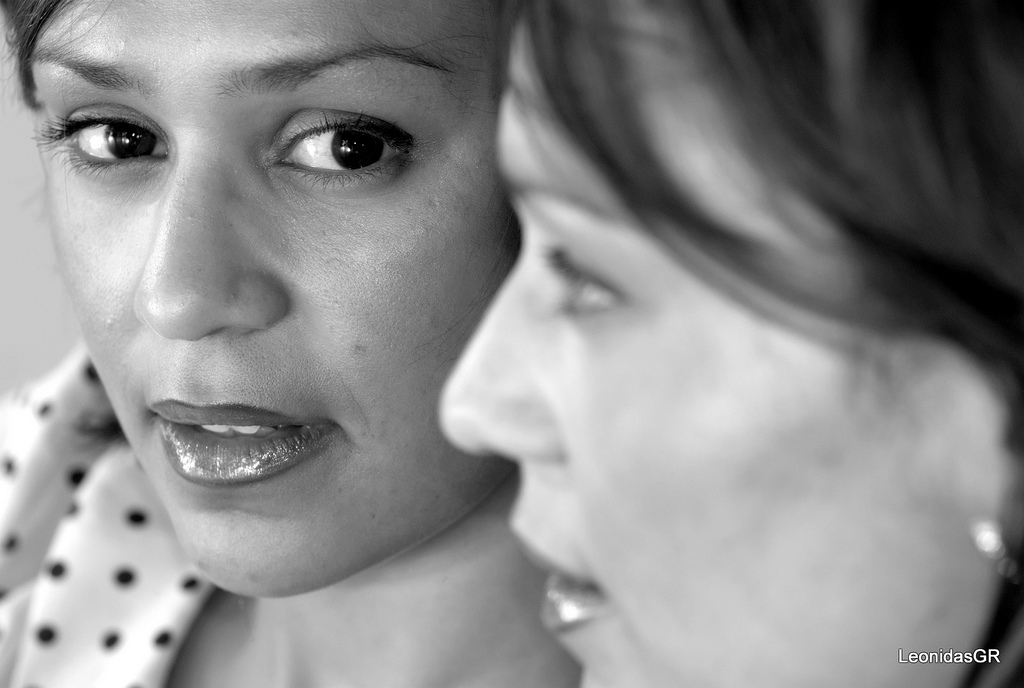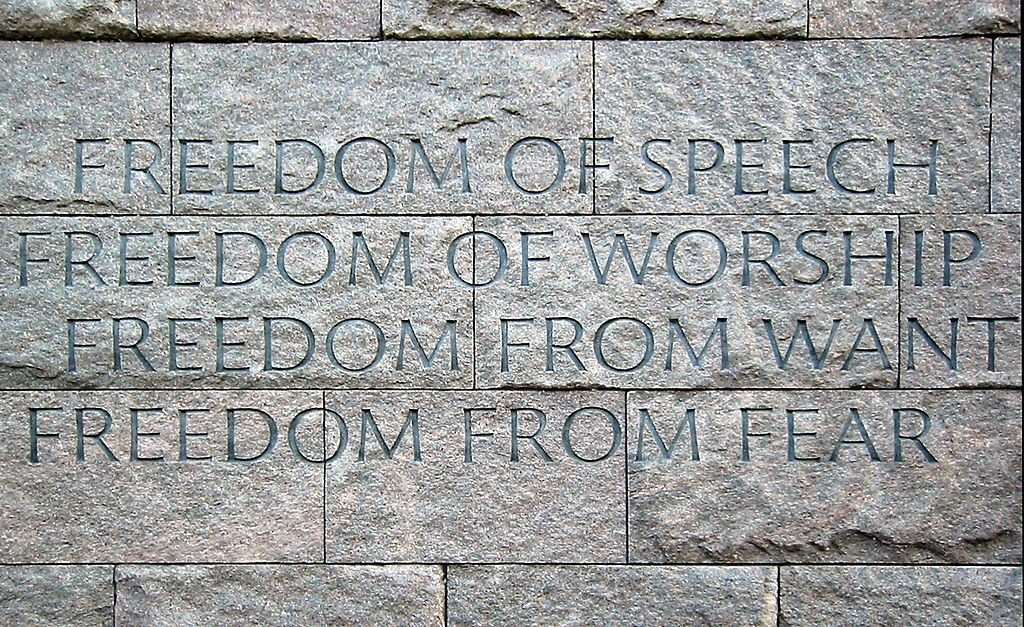-
The Crisis of Human Rights: Discrimination Against Non-Citizens
The basic idea at the heart of human rights is that all human beings are equal: equal in rights – equal in human dignity. This idea is universally accepted and believed. At the same time another idea – the idea that we are separately citizens of different countries is also a feature of the modern world – and the way it is practised has led to enormous discrimination and violation of human rights. In reality people, as a matter of law, have different fundamental rights even though we believe that all human beings are equal. In a recent paper titled “Human Rights in the Age of Migration: An Empirical Analysis of Human…
-
What ended chattel slavery in the British Empire?
The question of how legal chattel slavery in the British Empire came to an end is an important question to ask. It is far from a historical curiosity. The end of legal slavery in the British Empire potentially contains lessons on how the human rights abuses of our own time might be addressed. Given the political and commercial interests invested in the continuation of slavery and the slave trade how could change ever have come about? Slavery in the British Empire: Hochschild In this video, Adam Hochschild, talks about why chattel slavery in the British Empire ended. He discusses the different stories that have been told (and not told) about this…
-
Abolish Foreignness
Eight million children under the age of five die each year from largely preventable causes. One billion people live in abject poverty. Thousands die crossing international borders while fleeing poverty, war or persecution. Rich countries reinforce barriers, laws and measures to prevent people crossing their borders. Hundreds of thousands are held in migration prisons as if they were criminals. 67 million people live as refugees or are internally displaced as a result of persecution, war, poverty or other causes. Believing that human beings are “foreigners” makes such profound human rights violations possible.
-
Eleanor Roosevelt’s Prayer: A Vision of a World Made New
Eleanor Roosevelt was the first Chair of the United Nations Human Rights Commission. Her work, with her colleagues, led to the adoption in 1948 of the Universal Declaration of Human Rights. The following, according to her son, is a prayer that she said every night: Our Father, who has set a restlessness in our hearts and made us all seekers after that which we can never fully find, forbid us to be satisfied with what we make of life. Draw us from base content and set our eyes on far off goals. Keep us at tasks too hard for us that we may be driven to Thee for strength. Deliver…
-
Oppression of Women: Gender Apartheid
Full equality of men and women has not been achieved anywhere in the world. What has been achieved has taken a century and a half. In some parts of the world, women’s rights are so comprehensively denied that comparisons with apartheid are inadequate to capture the depth of deprivation.
-
Will the real foreigners please stand up?
Either we all stand up or none of us do. Recently I read comments on the BBC page on Open Borders. One Mark Krikorian of the Center for Immigration Studies expresses this view. Borders are essential to nationhood. They are the line between “us” and “them”. Without ‘them’ there can be no ‘us’, precluding the possibility of social solidarity. Scary isn’t it? If we let those foreigners in we’ll be in real trouble.
